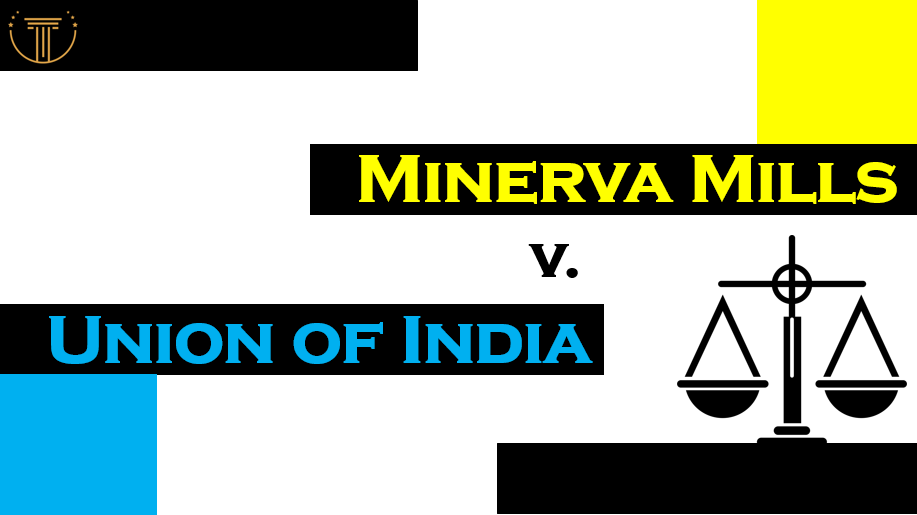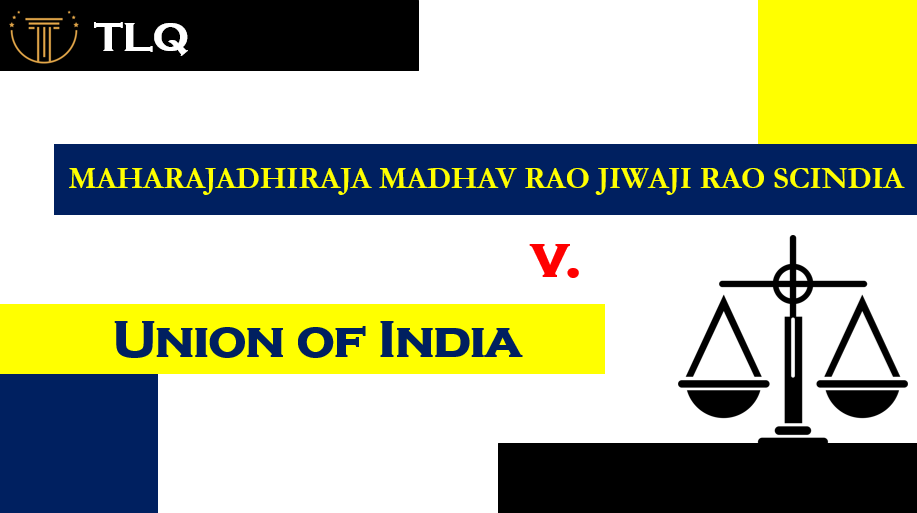Published On: 8 October, 2023
Ex-Capt. Harish Uppal vs. Union of India and Anr.
INTRODUCTION
The case of Ex-Capt. Harish Uppal vs. Union of India and another, decided on 17th December 2002 by the Supreme Court of India, holds significant importance in the legal landscape of India. This case revolves around the contentious issue of whether lawyers have the right to go on strike and the impact of such strikes on the administration of justice. The case sheds light on the delicate balance between the rights of lawyers to express their grievances and the fundamental right of litigants to access a speedy trial.
FACTS OF THE CASE
The case centers around the question of whether lawyers have the right to go on strike and the consequences of such strikes on the administration of justice.
The case’s origins lie in the experiences of Ex-Captain Harish Uppal, a retired army officer who faced allegations of embezzlement during his posting in Bangladesh in 1972. He was court-martialed, arrested, and subsequently sentenced to imprisonment, leading to his dismissal from his post. Despite filing review applications in court, his case faced significant delays and misplacement of documents due to a strike by a group of advocates.
Harish Uppal’s frustration with the strike-induced delays led him to file a writ petition in the Supreme Court of India, asserting that strikes by lawyers were unlawful. This case raises fundamental questions about the rights and responsibilities of lawyers, the impact of strikes on the judicial system, and the need to strike a balance between safeguarding lawyers’ interests and ensuring the efficient functioning of the legal system.
ISSUES
- Whether lawyers have a fundamental right to strike under Article 19(c) of the Indian Constitution and if so, what are the limitations on this right?
- Whether the strikes by lawyers are lawful or unlawful, considering their impact on the administration of justice and the rights of clients.
- Whether the ban imposed on strikes by lawyers is justified, and if so, what measures should be taken to balance the interests of lawyers while safeguarding the functioning of the legal system.
- What constitutes “rare of rarest cases” in which lawyers may call for strikes, as mentioned in the Supreme Court’s judgment?
- How to ensure that the right to speedy trial guaranteed by Article 21 of the Indian Constitution is not violated due to frequent protests and strikes by lawyers.
CONTENTIONS
In the case of Ex-Capt. Harish Uppal (Petitioner) vs. Union of India and another (Respondent), the main arguments presented by each side can be summarized as follows:
Petitioner (Harish Uppal):
- Lawyers’ Strike as Unlawful: The Petitioner, Ex-Capt. Harish Uppal, argued that lawyers’ strikes were unlawful and should be declared as such by the court. He contended that strikes by lawyers disrupted the administration of justice, delayed court proceedings, and put the interests of clients at risk. He highlighted that the strikes by lawyers had led to the misplacement of important documents, causing substantial delays in his legal case.
- Lawyers’ Duty to the Court: The petitioner emphasized that lawyers held a special position as officers of the court and had a duty to ensure the smooth functioning of the judicial system. Strikes were seen as interfering with this duty and compromising the integrity of the legal profession.
Respondent (Union of India and another):
- Right to Freedom of Association: The respondents contended that the right to strike was a fundamental corollary of the right to freedom of association, as guaranteed by Article 19© of the Constitution. They argued that lawyers, like any other group with common interests, should be able to come together and demand their rights.
JUDGEMENT
The Court’s Ruling and Reasoning:
In the case of Ex-Capt. Harish Uppal vs. Union of India and another, the Supreme Court of India delivered a significant ruling on the legality of strikes by lawyers. The court unequivocally declared that lawyers do not have the right to go on strike or call for the boycott of court proceedings, not even on a symbolic strike. The reasoning behind this ruling was rooted in several key arguments.
Firstly, the court emphasized the unique position that lawyers hold as officers of the court. Lawyers are considered officers of the court and have a duty to ensure the smooth functioning of the judicial system. Strikes disrupt court proceedings, interfere with the administration of justice, and put the interests of clients at risk. Therefore, the court found that strikes by lawyers are incompatible with their role as officers of the court.
Secondly, the court recognized the adverse effects of lawyer strikes on the justice system. Strikes lead to delays in the trial of cases, resulting in the pendency of cases and the violation of the fundamental right to a speedy trial guaranteed by Article 21 of the Indian Constitution. This disruption in the functioning of the judiciary was seen as a grave concern.
The court also highlighted the need for lawyers to express their grievances through alternative means, such as giving press explanations, conducting TV interviews, wearing armbands, organizing peaceful protests, or engaging with the media. These methods were deemed acceptable forms of protest that did not interfere with the court’s operations.
In summary, the Supreme Court’s judgment in this case ruled that strikes by lawyers are unlawful and illicit. Lawyers must ensure the proper functioning of the judicial system and cannot resort to strikes as a means of protest. Only in the most extreme and rare circumstances, where the integrity and functioning of the courts are at stake, may lawyers consider alternative forms of protest. This landmark judgment aimed to balance the interests of the legal profession with the efficient administration of justice.
LEGAL REASONING
The legal reasoning used by the Supreme Court in arriving at its decision was based on several key principles, constitutional provisions, and precedents:
- Role of Lawyers as Officers of the Court: The court emphasized that lawyers hold a unique position as officers of the court. This principle recognizes that lawyers must assist the court in the dispensation of justice and ensure the smooth functioning of the judicial system. Strikes were seen as a breach of this duty.
- Right to a Speedy Trial: The court invoked Article 21 of the Indian Constitution, which guarantees the right to a speedy trial. Lawyer strikes, by causing delays in court proceedings, were found to violate this fundamental right.
- Freedom of Association: While the Constitution grants the freedom of association under Article 19c, the court noted that this right is not absolute and can be subject to reasonable restrictions. The court determined that the restriction on lawyer strikes was reasonable, considering the unique role of lawyers as officers of the court.
- Past Precedents: The court referred to previous judgments that had upheld the prohibition on lawyer strikes. These precedents established a legal framework for the court’s decision.
In conclusion, the Supreme Court’s decision was grounded in the principles of upholding the integrity of the judiciary, ensuring a speedy trial, and balancing the right to association with the smooth functioning of the legal system. It relied on constitutional provisions and past legal precedents to support its ruling against lawyer strikes.
IMPACT OR PRECEDENT
The case of Ex-Capt. Harish Uppal v. Union of India and another, decided on 17th December 2002, holds significant implications in legal jurisprudence. It established a crucial precedent regarding lawyers’ rights to strike in India. The Supreme Court’s ruling in this case has a lasting impact on future legal decisions and the legal profession in India.
The case set a precedent by firmly declaring that lawyers do not have a right to go on strike, call for boycotts of court, or engage in any form of disruptive protest that interferes with the functioning of the judiciary. The Court’s reasoning was based on the notion that lawyers, as officers of the court, have a unique role and responsibility to ensure the smooth operation of the legal system. Strikes by lawyers were seen as detrimental to the administration of justice, leading to delays in the trial of cases and an increase in case pendency.
This precedent was established in Ex-Capt. Harish Uppal’s case has been relied upon in subsequent legal decisions to curb the practice of lawyers going on strike. It reinforces the idea that while lawyers have the right to express their grievances, these expressions must not disrupt the fundamental duty of the judiciary to provide timely justice.
CONCLUSION
Key takeaways from the case include:
- Lawyers in India do not have an inherent or constitutional right to strike or boycott court proceedings. Such actions are considered unlawful and detrimental to the administration of justice.
- Lawyers are considered officers of the court and have a duty to ensure the smooth functioning of the legal system, which includes appearing in court and representing their clients without interruptions caused by strikes.
- The case highlights the importance of balancing the interests of lawyers with the needs of the legal system. While lawyers’ grievances should be heard and addressed, they must not compromise the right of clients to timely justice.
- The judgment underscores the significance of alternative methods for lawyers to express their concerns, such as press releases, TV interviews, peaceful protests outside court premises, and engaging with the media.
- In the broader legal context, this case serves as a reference point for addressing the responsibilities and limitations of lawyers in their professional conduct. It emphasizes the fundamental duty of the legal profession to serve the interests of justice and the public, while also acknowledging the need to protect lawyers’ rights and interests through appropriate channels and mechanisms, such as grievance redressal committees
REFERENCE(S):
- https://www.legalserviceindia.com/
- https://www.indiankanoon.org/
- Advocates Strike: An Unprofessional Conduct
- Shrishti Dutta, Mani Shankar Choudhary
- Issue 3 Int’l JL Mgmt. & Human. 4, 3836, 2021
- Advocate’s Right to Strike with the Analysis of the Case: Ex-Capt. Harish Uppal V. Union Of India
- Aditya Gupta
- Indian Journal of Integrated Research in Law 2 (1), 389-395, 2022


